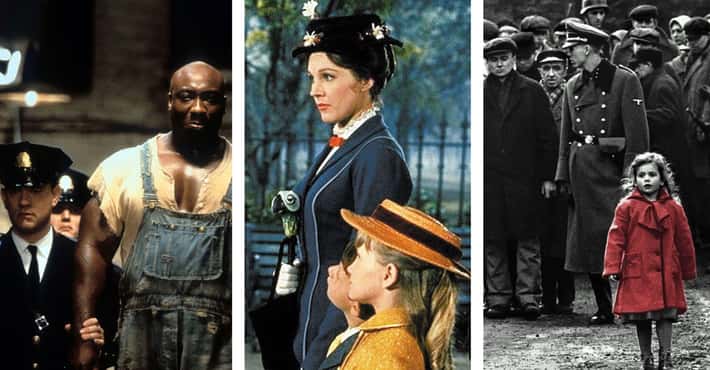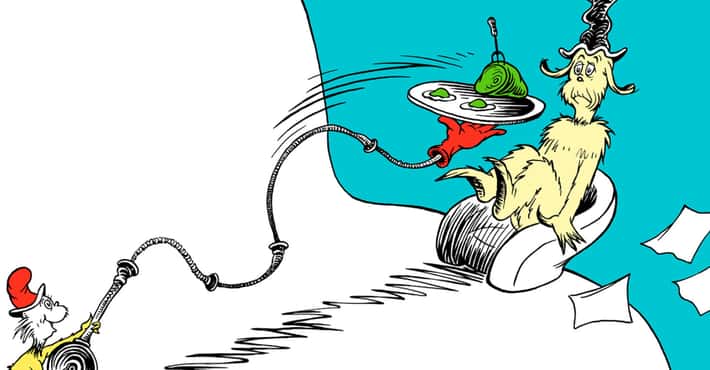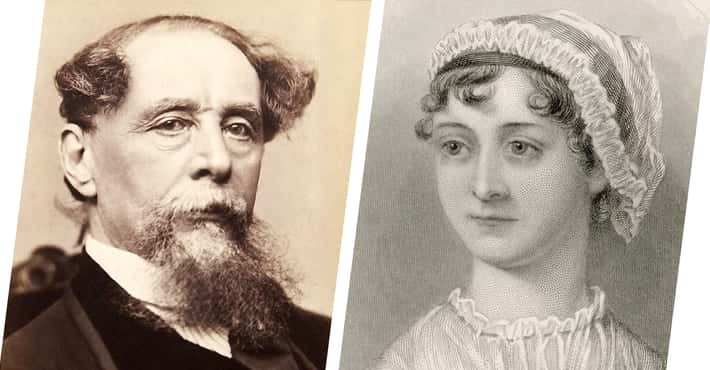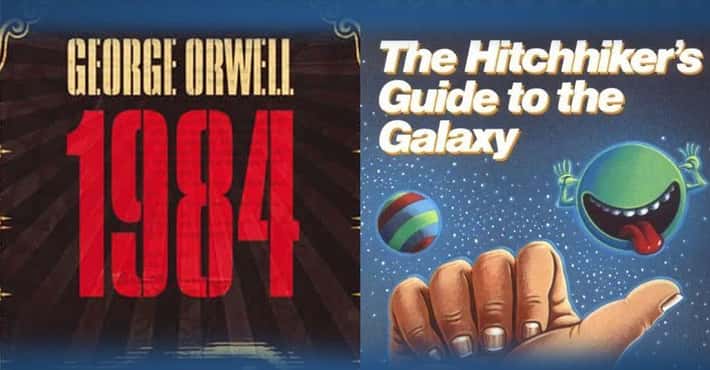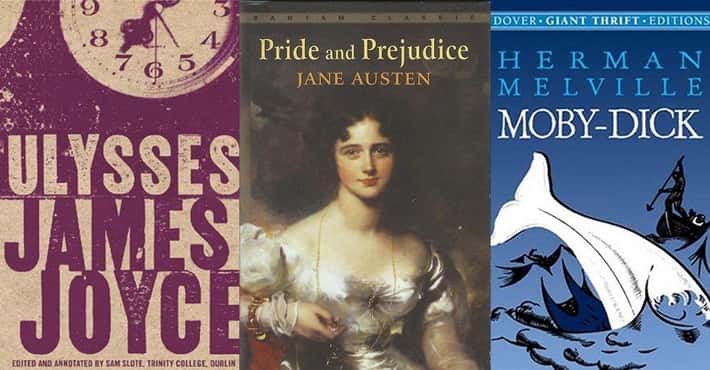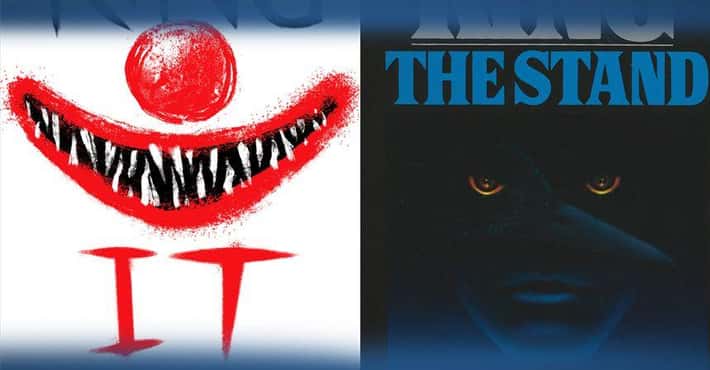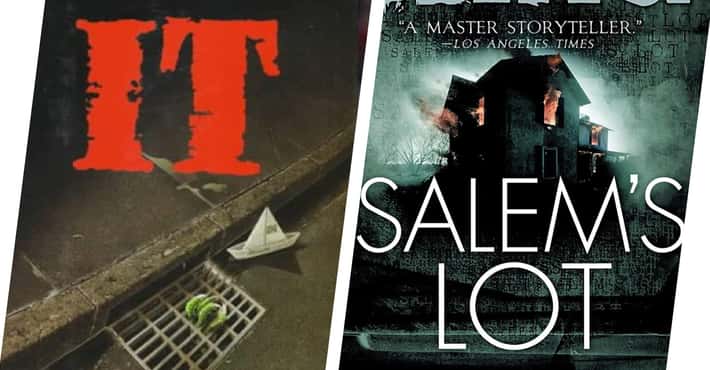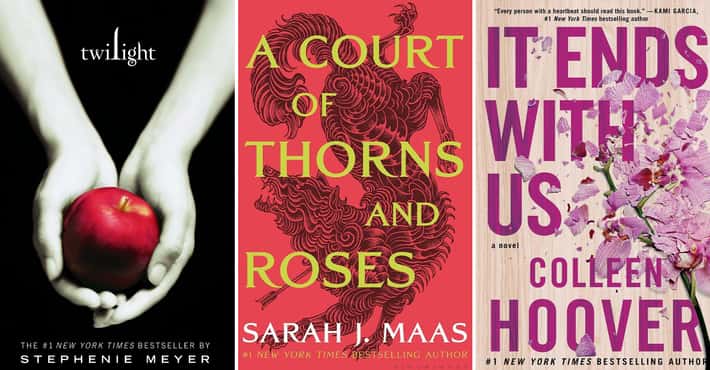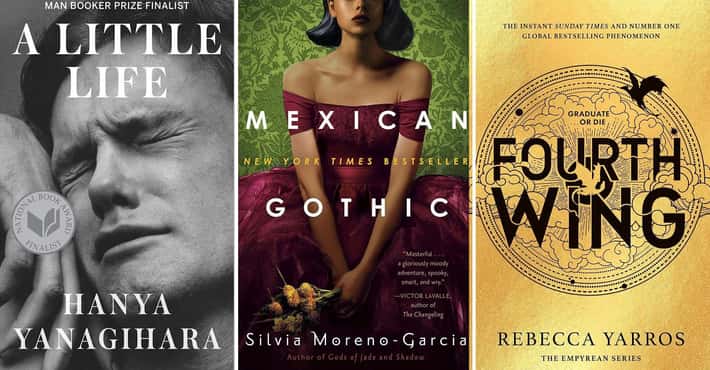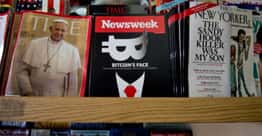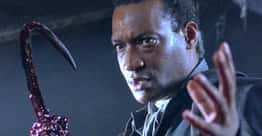The Best Books About Diplomacy
- Henry KissingerDiplomacy is a 1994 book written by former National Security Advisor and Secretary of State Henry Kissinger. It is a sweep of the history of international relations and the art of diplomacy, largely concentrating on the 20th century and the Western World. Kissinger, as a great believer in the realist school of international relations, focuses strongly upon the concepts of the balance of power in Europe prior to World War I, raison d'État and Realpolitik throughout the ages of diplomatic relations. Kissinger also provides insightful critiques of the counter realist diplomatic tactics of collective security, developed in the Charter of the League of Nations, and self determination, also a principle of the League. Kissinger also examines the use of the sphere of influence arguments put forth by the Soviet Union in Eastern and Southern Europe after World War II; an argument that has been maintained by contemporary Russian foreign relations with regard to Ukraine, Georgia and other former Soviet satellites in Central Asia. The history begins in Europe in the 17th century, but quickly advances up to the World Wars and then the Cold War.
- An End to Evil: How to Win the War on Terror is a 2004 book about the "War on Terror", analyzing Islamic terrorist networks and proposing policies the United States government should adopt to defeat them. The book was co-written by Richard Perle, who had previously been chairman of the Defense Policy Board Advisory Committee, and David Frum, a fellow at the American Enterprise Institute. In 2004, Frum replied to some of the critics of the book in "He That Stands It Now ...", an article that appeared in the National Review. Danielle Pletka, a foreign policy analyst at the American Enterprise Institute, told the The Forward “The political prescriptions contained are terrific. This is a very thoughtful articulation of how to fight the battle ahead of us.” Political scientist Fareed Zakaria said about the book: "It is now possible to describe a neoconservative foreign policy, and David Frum and Richard Perle's new book, An End to Evil: How to Win the War on Terror, is a useful guide to it.
- David Paull NicklesUnder the Wire: How the Telegraph Changed Diplomacy is a book by David Paull Nickles.
- Translating History: Thirty Years on the Front Lines of Diplomacy with a Top Russian Interpreter is a book by Igor Korchilov.
- Bruce Cumings
- Scott Ritter
- Aaron David Miller
- Shannon HaleRiver Secrets is a fantasy novel by Shannon Hale. It is the third book in the Books of Bayern series.
- Dangerous Diplomacy: How the State Department Threatens America's Security is a book by Joel Mowbray.
- Fragile Diplomacy: Meissen Porcelain for European Courts is a book edited by Maureen Cassidy-Geiger.
- Robert Whealey
- Garrett Mattingly
- Backstabbing for Beginners: My Crash Course in International Diplomacy is a book by Michael Soussan.
- S. Daniel AbrahamPeace Is Possible: Conversations with Arab and Israeli Leaders from 1988 to the Present is a book by S. Daniel Abraham, with a foreword by former U.S. President Bill Clinton. The book was released in hardcover format on March 13, 2006 by Newmarket Press. The book is a first-hand account of Slim Fast founder Abraham's more than 15 years of peacemaking efforts in the Middle East, as well as the various reasons he believes peace is possible. Hillary Clinton spoke about Abraham's book at Princeton University, while recognizing the creation of the "S. Daniel Abraham Visiting Professorship in Middle East Policy Studies" and its first holder, Daniel C. Kurtzer. The book is utilized as a resource by Case Western Reserve University, and the United States Air Force utilizes other books by Abraham as part of Middle-East peace workshops. With former congressman Wayne Owens, Abraham established the Center for Middle East Peace & Economic Cooperation. Abraham's work on peace is also featured as part of the Clinton Global Initiative.
- Walter Lippmann
- David M. Malone
- Brian Michael Jenkins
- Juliana Geran Pilon
- H. G. WellsThe New World Order is a book written by H. G. Wells, originally published in January 1940. Wells expressed the idea that a 'new world order' should be formed to unite the nations of the world in order to bring peace and end war. The New World Order also advocates a legal system that would protect the Rights of Man. It was republished in 2007 under ISBN 1-59986-727-3.
- Graeme S. Mount
- Peter BergenPeter Bergen's The Osama bin Laden I Know is a book published in 2005. It is a comprehensive collection of personal accounts by people who have met Osama bin Laden or worked with him at various stages of his terrorist career.
- Walter Isaacson
- Donald Kagan
- Megan Whalen TurnerThe Queen of Attolia is a young adult fantasy novel by Megan Whalen Turner, first published by HarperCollins in 2001. The Queen of Attolia is the sequel to The Thief and is the second of Turner's four books about Eugenides, the Thief of Eddis.
- Giles Milton
- William Shawcross
- Kenneth R. Timmerman
- Dinesh D'Souza
- Jimmy Carter
- Jorge Edwards

































